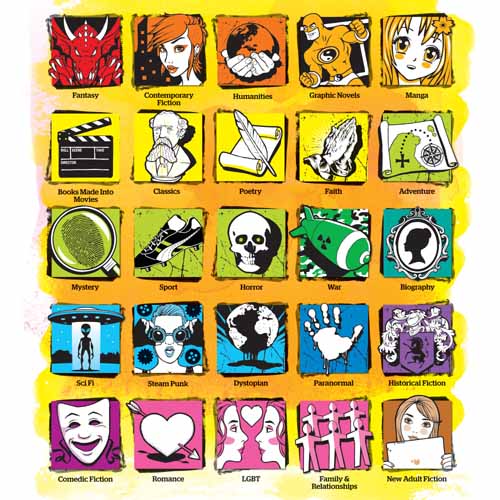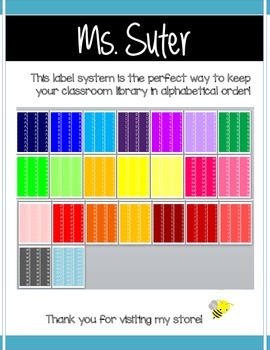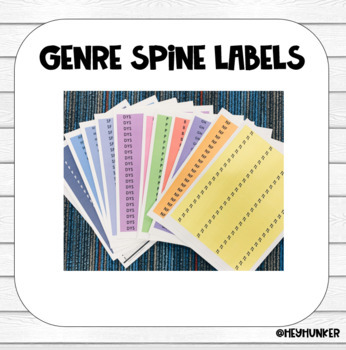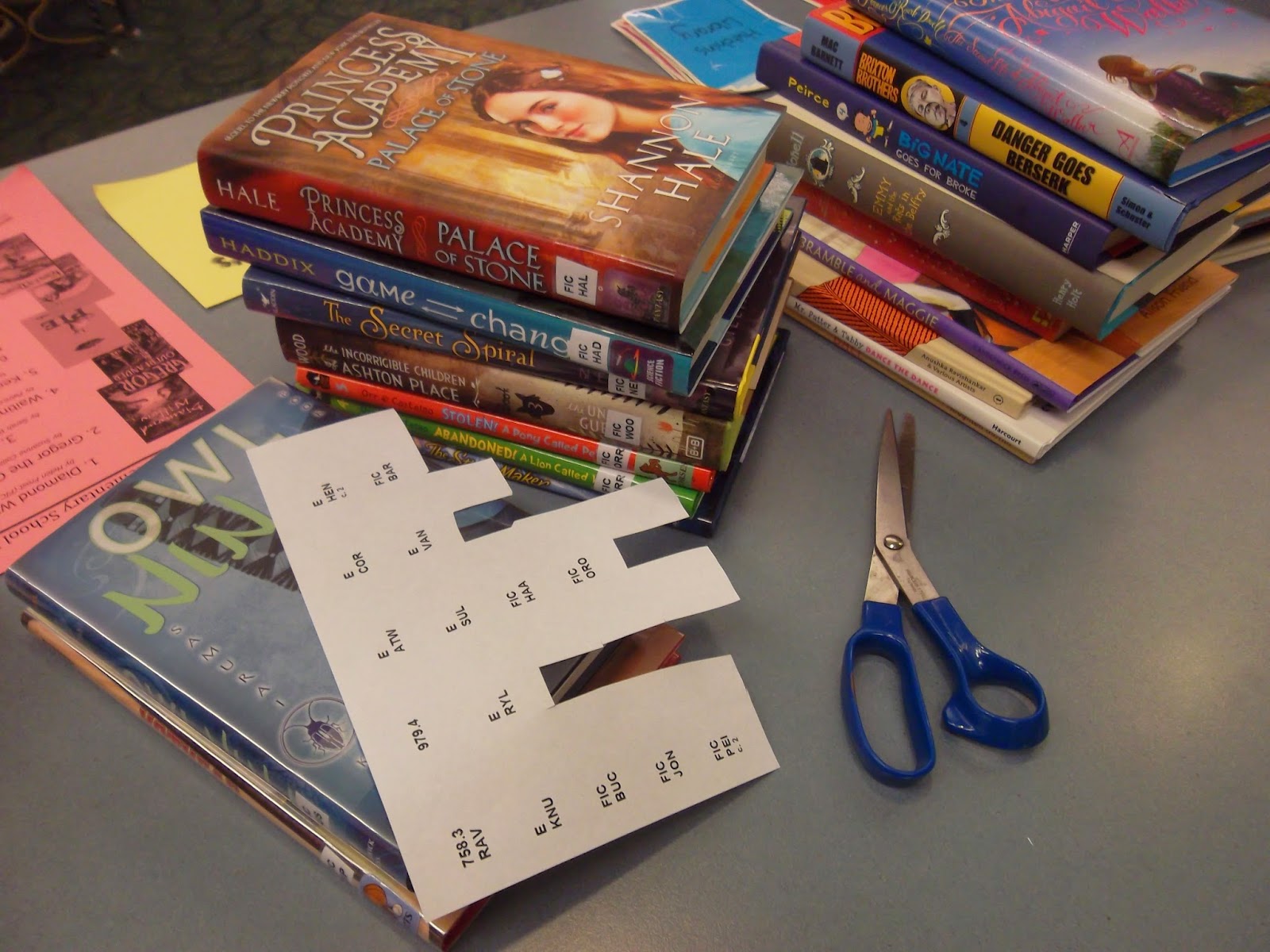

Indigenous people are not people of color furthermore, “POC” is often used as a way to avoid saying “Black” and because of that many Black people (including me) prefer being called Black instead of POC. “POC” stands for “people of color.” I prefer to use the term BIPOC (Black, Indigenous, and Person of Color). Neither are inherently about race, though both are frequently used to imply that race is a factor. “Multicultural” is exactly what it says on the tin: different cultural groups sharing a space. “Diverse” or “diversity” can relate to almost anything: gender, sexual identity, romantic identity, religious beliefs (or lack thereof), citizenship, place of birth, political affiliation, ability, age, etc.

Whew, there’s a lot to unpack here!Īlthough people often use “multicultural,” “diverse,” and “POC” as if they were synonyms, they aren’t. The two most common reasons I hear from library staff who use “multicultural,” “diverse,” or “POC” labels are that 1) their patrons want to more easily find those books and 2) that libraries already use genre labels and diversity is no different. My goal is not to assuage discomfort but to engage in a difficult conversation. Understand that your comfort level does not merit tone policing or demands for civility, insisting on good intentions or bothsidesism, or anything else that forces the oppressed to accommodate the needs of the oppressor over their own. If you find yourself feeling uncomfortable by the end of this, sit with it. Third, you are allowed to be uncomfortable.
SPINE LABELS FOR LIBRARY BOOKS HOW TO
Good intentions that cause harm still require an apology and action plan of how to do better in the future. We often like to say “assume good intentions,” but that does not, should not, and cannot negate or undo the offense. While the issue is similar for both, there are a few key differences significant enough to merit a separate conversation. First, I’m only going to discuss labeling for race/ethnicity, not LGBTQIAP+. So let’s examine the question of diversity labeling and see if we can’t get to a better understanding of why it’s problematic.īefore we dive in, I want to make sure a few things are clear. It is an understandable predicament to be in – after all, many library degree programs are not as strong as they could be in advocating for DEI and decolonization. Like most diversity, equity, and inclusion (DEI) issues in librarianship, many of my colleagues are still operating within a white (and cisgender and heterosexual) supremacist framework. Many condemn the practice, but lots of library staff persist in labeling. I also find it unfortunate that labels don’t really show on thin spines.In this guest post, librarian Alexandria Brown discusses the issues with labeling books as “diverse” and other ways we can build and promote a more equitable library collection.Įvery so often, the question of whether or not to add a spine label designating “diverse” books makes the rounds. For example, our Humor, Christmas, Alphabet, Realistic Fiction, Reading Level 2, and Dog books are all red labels with white writing! I’ve gone to grab a Halloween book off the shelf, only to see that it’s really Historical Fiction which is the same color and font.


Is this a case of less being more? You could try to just shelf read for certain colors when looking at spine labels, but that creates a problem too. By not highlighting just particular themes and genres, or at least just key books in each category, I wonder if we actually do a disservice to people when they try to find books because of spine label overload. While the stickers are now organized and we know what we have, I’m not sure I want to use all of them. The question that remains in my mind is if too many labels make it actually harder to find books. In a lot of ways, this book label sorting project has a lot of parallels to our overall library reconfiguration: grouping resources together systematically, making things efficient, and using good signage. Our spine labels are much easier to find now by holidays, genres, etc. Good job/well done, Reading, Multicultural stickers, Holiday stickers, Just for fun


 0 kommentar(er)
0 kommentar(er)
